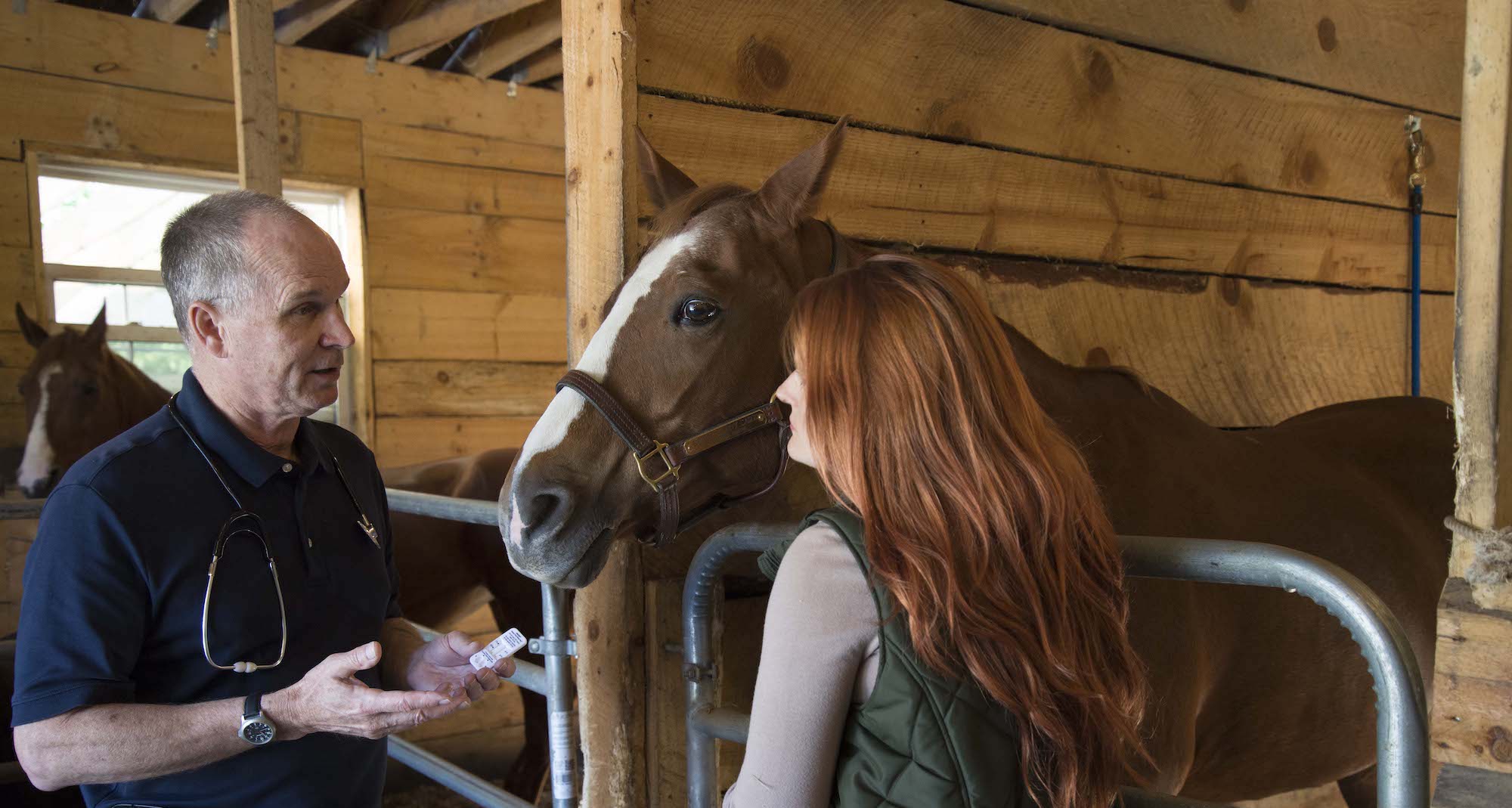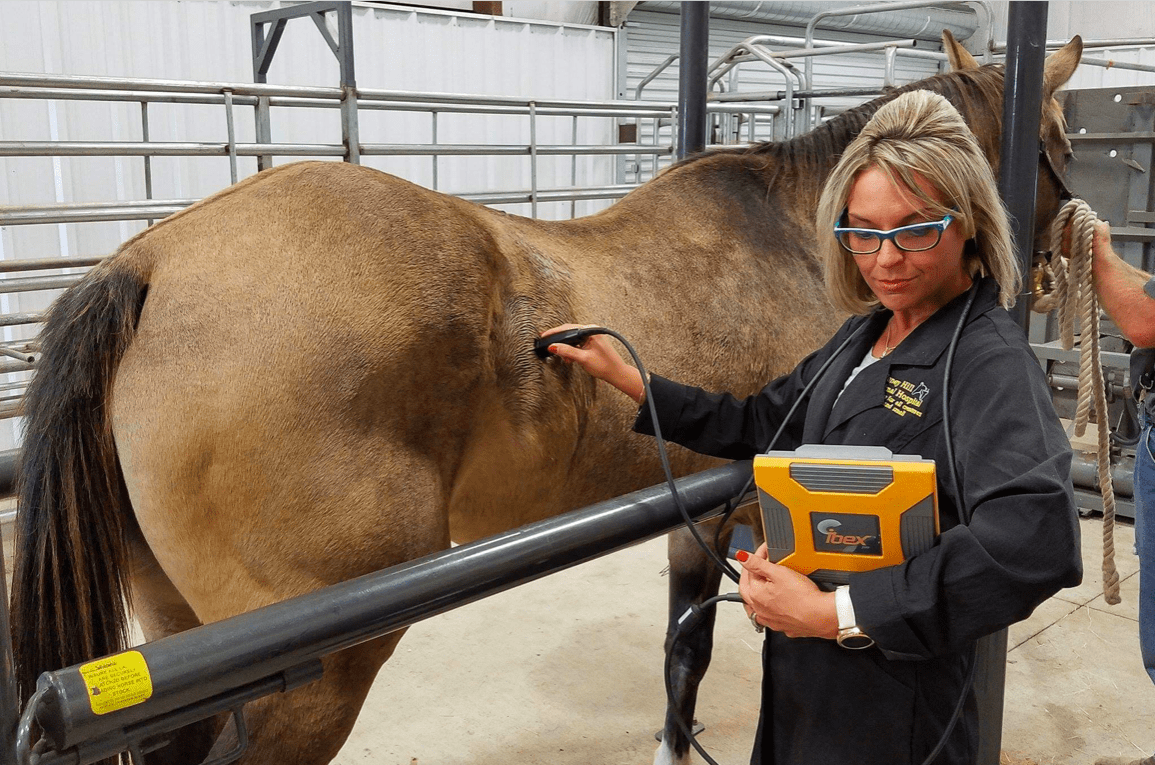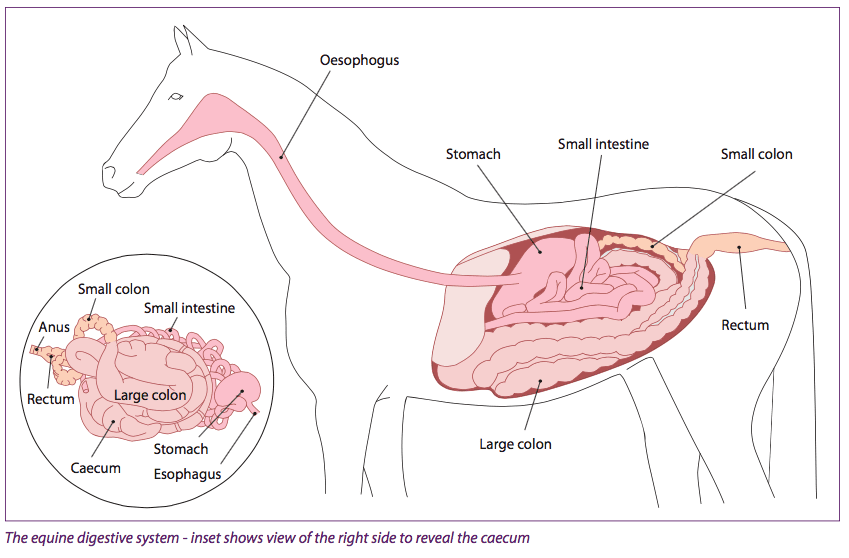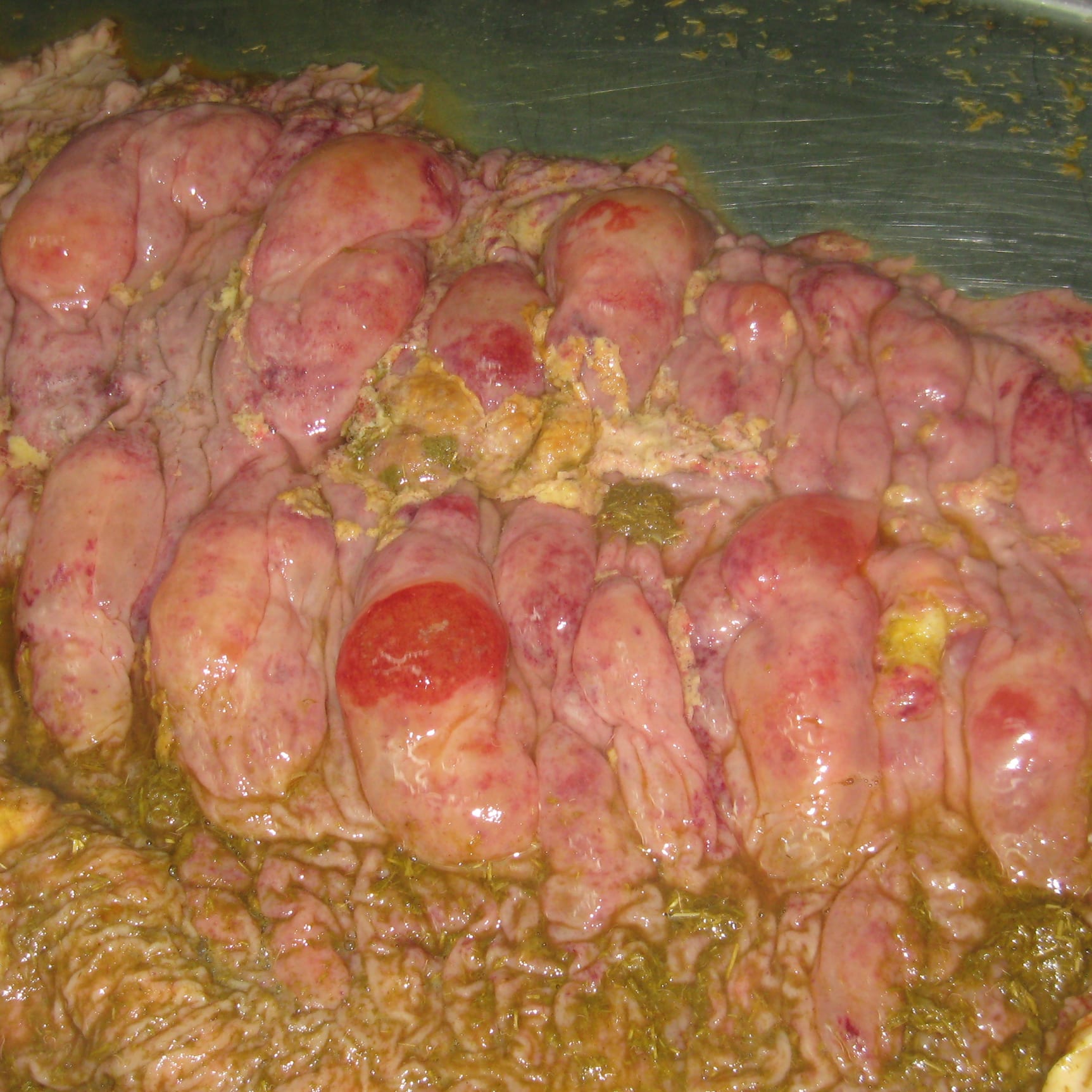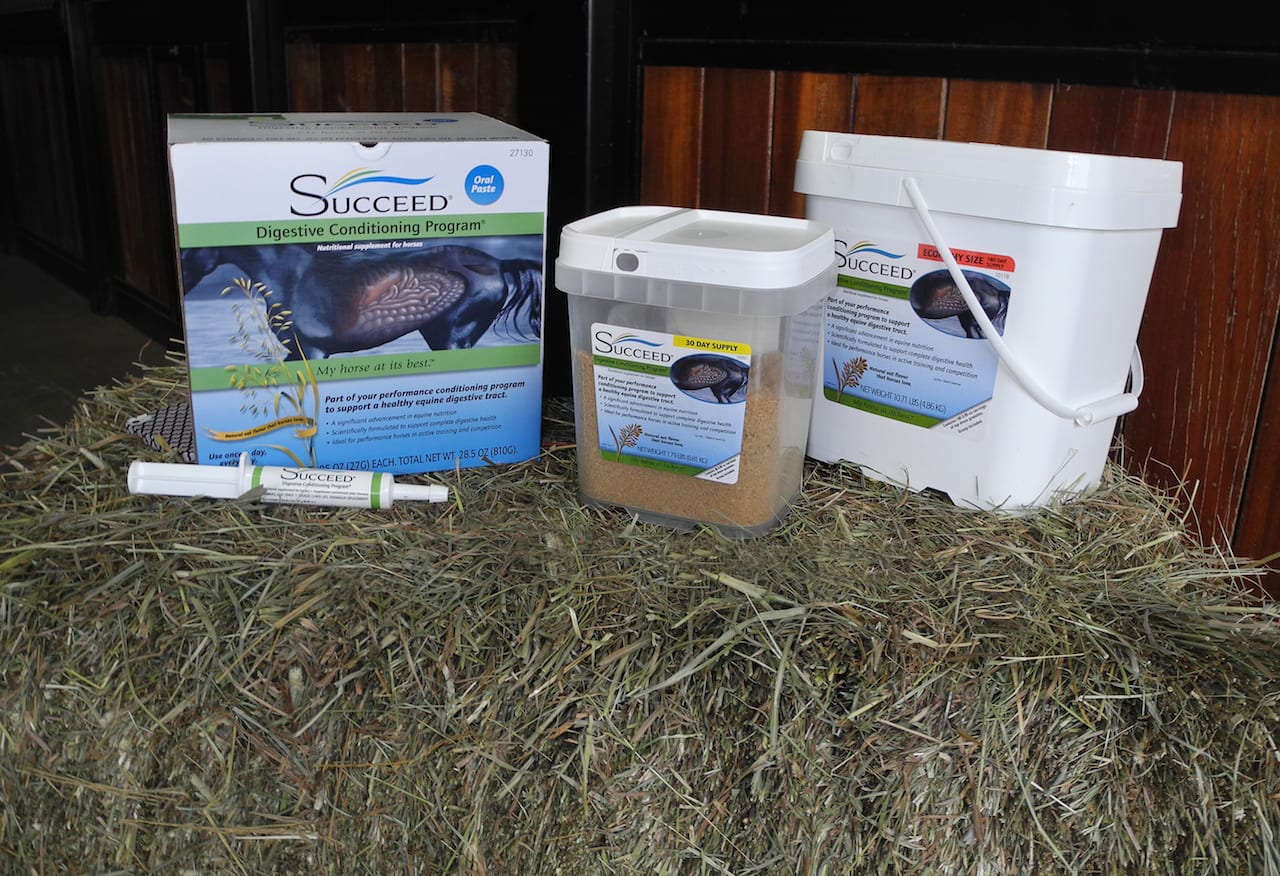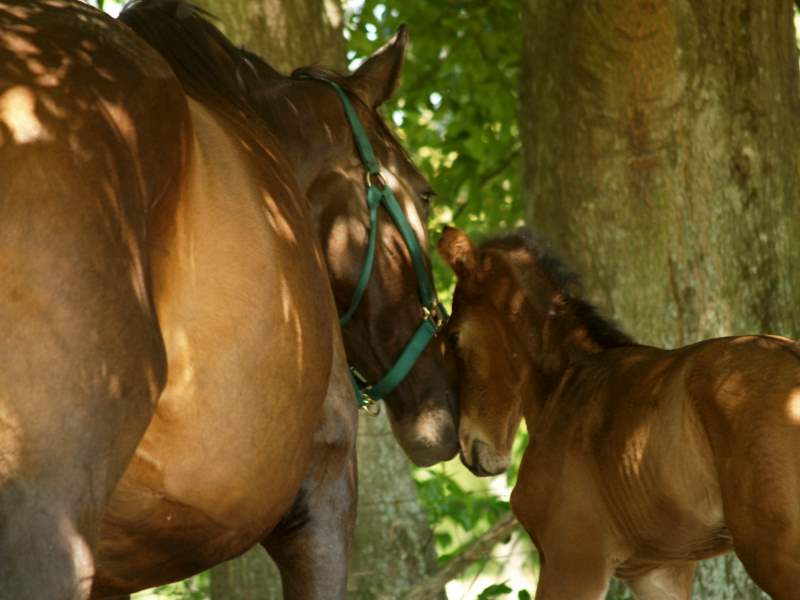May 2, 2022
Stereotypies, such as cribbing and stall-walking, are not found in wild horses, thus are likely a direct result of domestication and modern husbandry practices. While they may arise for a variety of reasons, these vices can be symptomatic of GI distress as well as of a stress reaction taking place in the horse’s brain. Keep reading to see how the gut and the brain work together to keep the horse’s immune system intact, and how the immune system in turn keeps the gut healthy and balanced.
Stereotypies, such as cribbing and stall-walking, are not…


